Prevention
303 - THE CANADIAN CARDIOVASCULAR SOCIETY SECONDARY PREVENTION PATHWAY: A NEW RESOURCE TO SUPPORT LONG-TERM POST-ACUTE CORONARY SYNDROME CARE
-
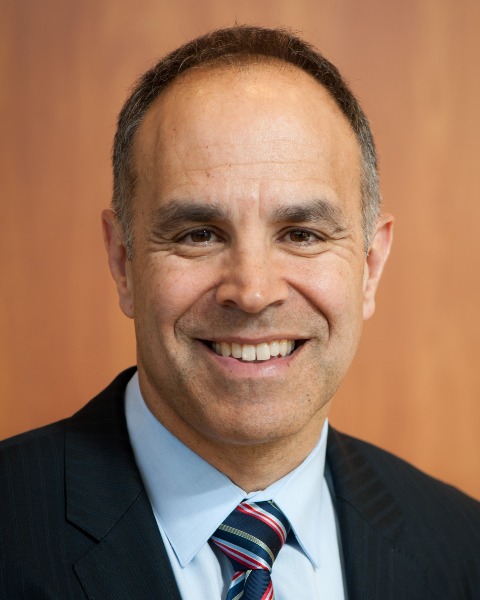
Shaun Goodman, MD (he/him/his)
Professor
Cardiology
University of Toronto
University of Toronto and University of Alberta -
NI
Noah Ivers, MD PhD CCFP FCFP
Clinician Scientist
Women's College Hospital and ICES -
GK
Grant Koppers, n/a
Patient Partner
-
SK
Susan Koppers
Patient Partner
CCS -
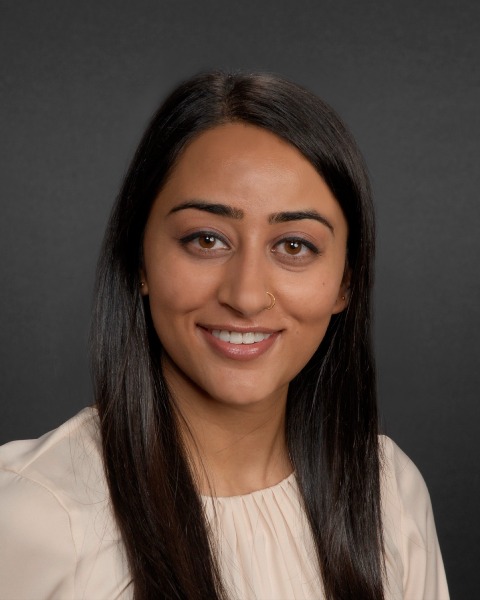
Palki Bhatt, MD, MSc
Cardiology Fellow
McMaster University -
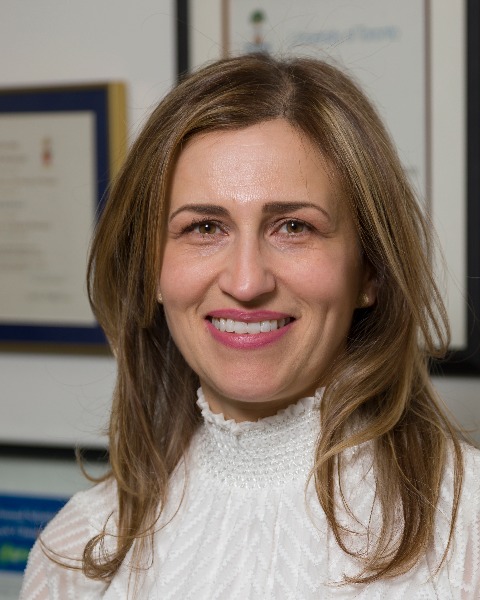
Claudia Bucci, PharmD
Assistant Professor
Sunnybrook Health Sciences Centre -
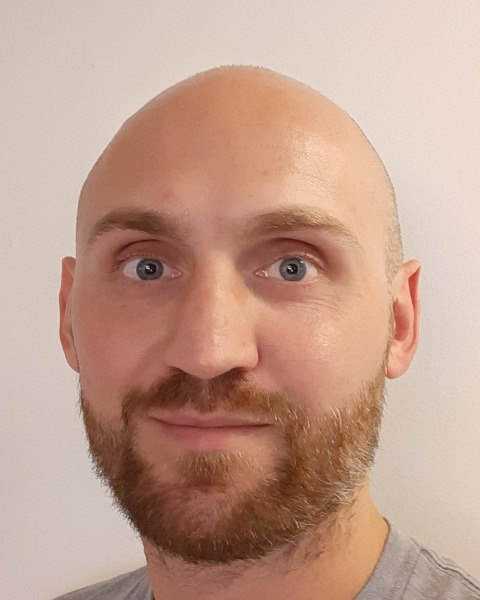
Jacob Crawshaw, PhD, MSc, BSc
Ottawa Hospital Research Institute
-

Thirumagal Gowrikanthan (she/her/hers)
Undergraduate Student
McMaster University -
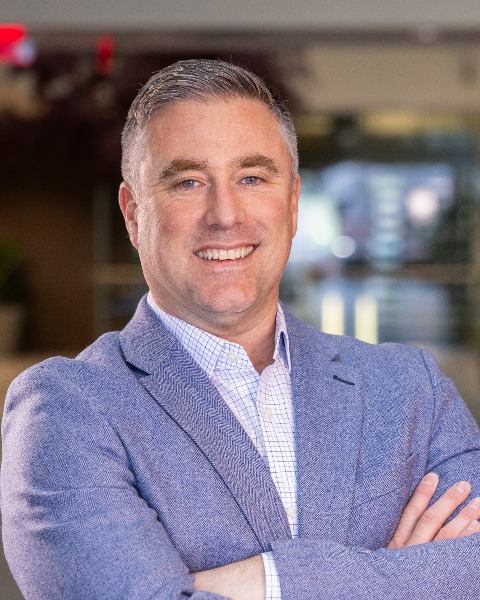
JD Schwalm, MD, MSc, FRCPC (he/him/his)
Interventional Cardiologist
Hamilton Health Sciences
McMaster University -

Palki Bhatt, MD, MSc
Cardiology Fellow
McMaster University -

Thirumagal Gowrikanthan (she/her/hers)
Undergraduate Student
McMaster University -

Palki Bhatt, MD, MSc
Cardiology Fellow
McMaster University -

Palki Bhatt, MD, MSc
Cardiology Fellow
McMaster University -

Claudia Bucci, PharmD
Assistant Professor
Sunnybrook Health Sciences Centre -
CG
Carolyn Gall Casey, BASc
Director Guidelines and Knowledge Translation
Canadian Cardiovascular Society -
NI
Noah Ivers, MD PhD CCFP FCFP
Clinician Scientist
Women's College Hospital and ICES -

JD Schwalm, MD, MSc, FRCPC (he/him/his)
Interventional Cardiologist
Hamilton Health Sciences
McMaster University -
MW
Meredith Wright, PhD
Senior Program Advisor
Canadian Cardiovascular Society
Chair(s)
Panelist(s)
Presenter(s)
Trainee(s)
Moderator(s)
Planning Committee Member(s)
Workshop Description: Adults discharged from hospital following an acute coronary syndrome (ACS) require secondary prevention to reduce their risk of recurrent vascular events, disability, and death. However, despite high-quality evidence about the effectiveness of secondary prevention interventions and strong guideline recommendations, large and persistent evidence-practice gaps remain between guideline-recommended practice and the preventative interventions patients receive in Canada and around the world.
To better support effective implementation of guideline recommendations, the CCS has developed a Secondary Prevention Pathway to support the patient journey from discharge to outpatient follow-up after an ACS. The pathway presents evidence-based guideline recommendations, indicates when care goals should be implemented, and suggests the most responsible clinician. The pathway and supplemental materials, including a parallel patient pathway, are specifically designed to address barriers to guideline uptake. This interactive workshop will describe the development of the CCS Secondary Prevention Pathway including the rationale, barriers to implementation, and the perspectives of people with lived experience. Participants will have the opportunity to explore the pathway through case examples at discharge, in the first month after discharge, and during longer-term follow-up. Finally, while the pathway was developed for use and implementation in Ontario, the session will conclude with a discussion of the potential for scale and spread of the pathway in regions across Canada.
Learning Objectives:
- report the known gaps and barriers to evidence-based post-ACS care in Canada;
- describe the CCS Secondary Prevention Pathway for post-ACS care; and
- determine if there is a need for the CCS Pathway in their practice setting as well as any challenges or barriers to its introduction.
